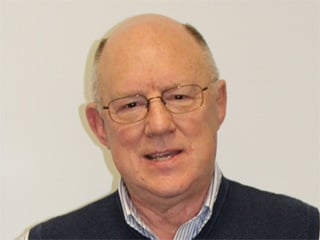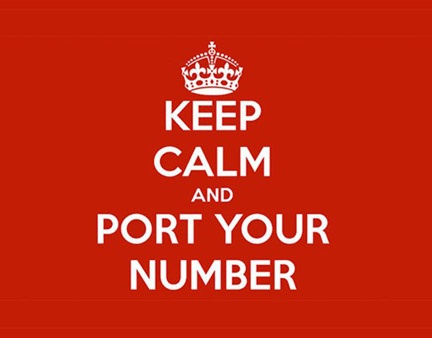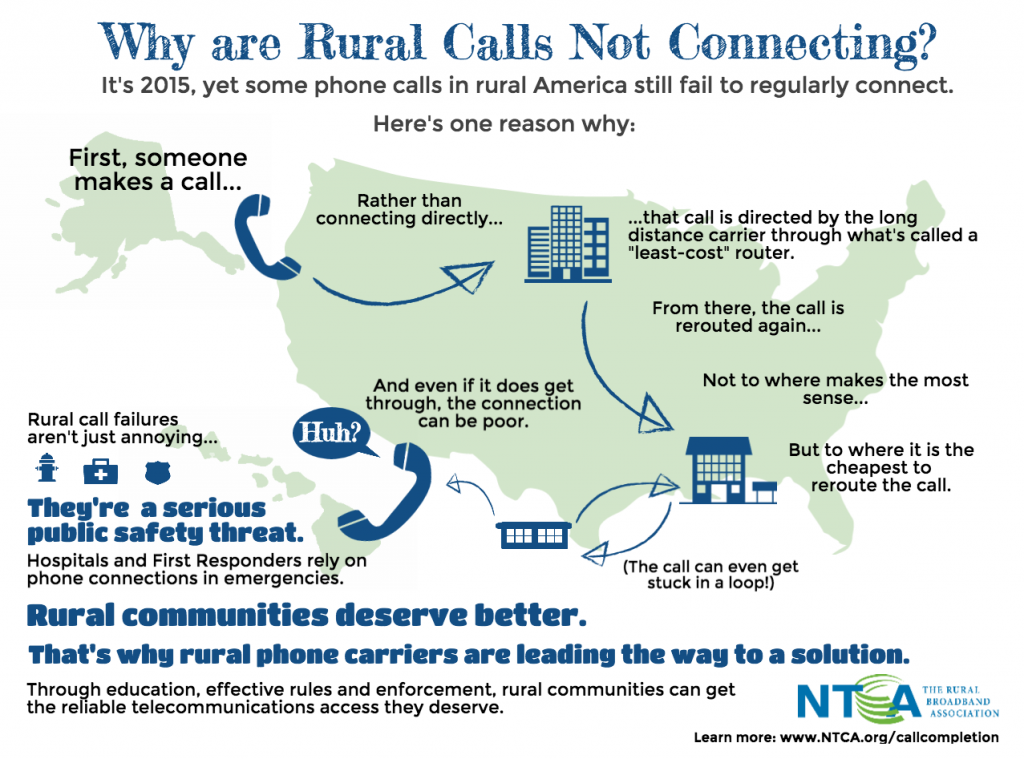The general feeling within the telecom sector appears to be that Nationwide Number Portability (NNP) will be the greatest thing since the telephone was invented.
Ken Babcock

Recent Posts
Will Nationwide Number Portability Be Easy to Implement?
Topics: national number portability, GUBB, PORC
What Are 'Intermediate Providers' in the Rural Call Completion World?
The Improving Rural Call Quality and Reliability Act of 2017 (“RCC Act”) was signed into law by President Trump on February 26, 2018.
The primary thrust of the Act was designed to focus attention on the quality and reliability of communication services provided to rural areas of the United States by entities referred to as Intermediate Providers.
The new law defines Intermediate Providers as follows:
Topics: Regulatory, Rural Call Completion, FCC
FCC Strengthens Rural Call Completion Rules & Enforcement
*** Ken Babcock will be hosting a free webinar on the new rules and impacts of the Rural Call Completion order on Wednesday, May 23, 2018 at 1 PM EST. Click Here to sign up for the webinar ***
Changes are here for Rural Call Completion reporting and compliance. The good news is that the FCC has ruled in FCC18-45 that, effective immediately, Covered Providers no longer must submit FCC 480 – Rural Call Completion Reports to the FCC on a quarterly basis. Thus, the report that was due May 15, 2018 covering the 1st Quarter, 2018 does not have to be submitted.
However, there are new and increased FCC regulations as spelled out in the Second Rural Completion Order that was published in the Federal Register on May 10, 2018 and that goes into effect on June 11, 2018. Covered Providers, as defined in the previous Rural Call Completion Report regime, must now implement an internal contract management and monitoring process that is far more stringent than anything experienced previously.
Topics: Regulatory, Rural Call Completion, FCC
In my last blog, I made what I consider to be a clear statement of what can be done and what will happen if we do not do something. We need to face reality and meet it head on.
The first thought that comes to my mind is that we will need one world-wide database that will be populated with unique Geographic User Building Blocs (GUBBS). Initially, the thought is to make the concept work within the existing North American Numbering Plan Area (NANPA) and if successful expand the idea to the rest of the world.
Topics: Regulatory, LNP, national number portability
Why is National Number Portability Such a Big Deal?
Recently, there has been a growing public buzz about the impact of making it possible for any telephone number user to keep his/her same telephone number regardless of where he/she moves within the United States.
From a purely technical perspective, especially in this world of IP-to-IP connectivity and wireless, there is nothing from a network operations perspective that would prevent such an occurrence.
However, as we all know, the devil is in the details.
Topics: Regulatory, LNP
What Happens When Your Telephone Number Does Not Mean Anything?
For the last fifty years of my telecom experience, a person’s telephone number had geographical significance that was critical to proper rating and classification of calls placed from a telephone number.
The telephone number could easily be translated to a/an:
- Exchange Name
- Exchange Carrier
- Rate Center having specific Vertical and Horizontal coordinates that identified the exact physical location within the North American Numbering Plan Area
- LATA Code
- State Code
This type of structure historically promoted distance-sensitive rating structures for individual calls that carried labels like Local, intrastate toll and interstate toll. The structure often dictated things like when you were billed for telephone usage during a month.
Topics: Regulatory, LNP
Is Safe Harbor Safe Enough for Rural Call Completion?
The FCC is currently struggling mightily to arrive at a fair and equitable solution to the need to promote uniform quality of telecommunications for both large urban centers and very small rural areas of the United States.
The FCC fully recognizes that the existing Rural Call Completion reporting requirements are not capable of providing a reliable measurement of the “of how answer and call completion rates differed for various small non-rural carriers compared to the overall rate provided to larger non-rural carriers in total. “
Topics: Telecom Data Analytics, Regulatory, Rural Call Completion
Is There a Life After Rural Call Completion Reports?
Over the last two years, the FCC has been in the process of determining whether it still makes sense to have telecom service providers collect and report on call answer and completion rates on long distance domestic calls that were handed-off to Interexchange Carriers who provided routing, transport and completion functions for the calls made to customers of a NECA-provided list of small ILECs as well as to the much larger non-rural local exchange service providers in aggregate.
Are SHAKEN and STIR Protocols the Answer to Preventing Robocalls?
Wikipedia defines Robocalls as follows:
A “robocall” is a phone call that uses a computerized autodialer to deliver a pre-recorded message, as if from a robot.
Robocalls are often associated with political and telemarketing phone campaigns, but can also be used for public-service or emergency announcements. Some robocalls use personalized audio messages to simulate an actual personal phone call.
This is the good news.
Unfortunately, robocalls are all too often blatantly geared to relentless selling of a product or service that is not wanted by the person receiving such calls.
When the Federal Communications Commission (FCC) first mandated Local Number Portability (LNP) on June 27, 1996 in the 100 largest Metropolitan Statistical Areas by October 1, 1997 and elsewhere by December 31, 1998 as a spur to open up competition for customers among local service providers, I doubt that it had any idea how pervasive their requirement would become.
At the time of the initial FCC ruling on LNP, the concept of allowing a user to transfer his/her fixed-line telephone service from one service provider to another without changing the service’s ten digit telephone number was viewed as the end-of-the-world by Regional Bell Operating Company (RBOC) and Independent Local Exchange Carrier (ILEC) personnel.
Topics: Telecom Data Analytics, Regulatory, LNP





